June 6, 2018:
Investigator Spotlight
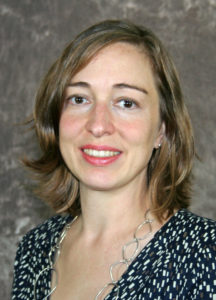
Emily Dykhuizen, PhD Purdue University Center for Cancer Research
Educational Background
- BA, Reed College, Biochemistry and Molecular Biology
- PhD, UW-Madison, Chemistry
- Postdoc, Stanford University, Chromatin Biology
Research Interests
My lab works on understanding the role of chromatin regulation on cancer initiation and progression. More specifically, we look at how chromatin regulators regulate gene expression in response to environmental changes. From this information we outline how patient mutations found in chromatin regulators cooperate with the metabolic environment to promote cancer. We then develop strategies to inhibit these pathways to treat a variety of highly chemoresistant cancers such as glioblastoma, kidney cancer, and ovarian cancers.
My lab collaborates with chemists, structural biologists, biochemists and cancer biologists across the Big Ten to identify how chromatin regulators contribute to cancer initiation, cancer metastasis and chemotherapy resistance, and most importantly, to identify how we can target these processes with novel small molecules to help patients with deadly cancers.
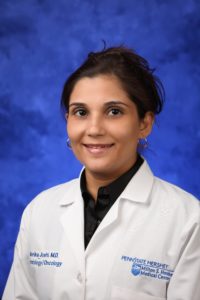
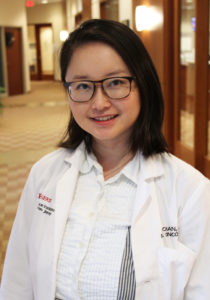 Research interests: I am interested in discovering and developing new therapies for the treatment of breast and gynecological malignancies. I have witnessed various immunotherapies shrink tumors within weeks and help women live longer with their cancer with minimal side effects. I have also faced the frustration of lack of response and rare but life threatening side effects of immunotherapy. I hope that my research will contribute to how to identify responders, as well as how to improve and potentiate durable response. Our immune system is extremely intricate and sophisticated, we are still learning so much about its potentials. Our collaborations with my colleagues at Rutgers, the Big Ten, and pharmaceutical companies are driving progress in the field. The Big Ten breast cancer research consortium has developed innovative trials to explore the potential benefits of a variety of targeted therapies in triple negative, hormone receptor positive, and HER2 positive breast cancers.
Research interests: I am interested in discovering and developing new therapies for the treatment of breast and gynecological malignancies. I have witnessed various immunotherapies shrink tumors within weeks and help women live longer with their cancer with minimal side effects. I have also faced the frustration of lack of response and rare but life threatening side effects of immunotherapy. I hope that my research will contribute to how to identify responders, as well as how to improve and potentiate durable response. Our immune system is extremely intricate and sophisticated, we are still learning so much about its potentials. Our collaborations with my colleagues at Rutgers, the Big Ten, and pharmaceutical companies are driving progress in the field. The Big Ten breast cancer research consortium has developed innovative trials to explore the potential benefits of a variety of targeted therapies in triple negative, hormone receptor positive, and HER2 positive breast cancers.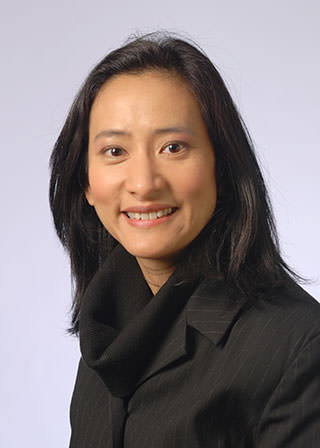
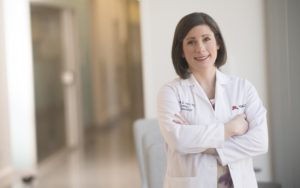 Educational background: BS, Wayne State University School of Medicine: MD, University of Cincinnati: Residency in adult neurology, Memorial Sloan Kettering Cancer Center: Fellowship in neuro-oncology
Educational background: BS, Wayne State University School of Medicine: MD, University of Cincinnati: Residency in adult neurology, Memorial Sloan Kettering Cancer Center: Fellowship in neuro-oncology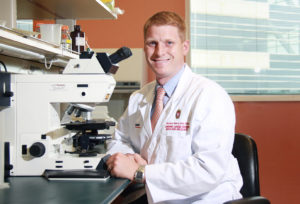 Dr. Zachary Morris is an Assistant Professor in the Department of Human Oncology at the University of Wisconsin School of Medicine and Public Health and is a member of the UW Carbone Cancer Center.
Dr. Zachary Morris is an Assistant Professor in the Department of Human Oncology at the University of Wisconsin School of Medicine and Public Health and is a member of the UW Carbone Cancer Center.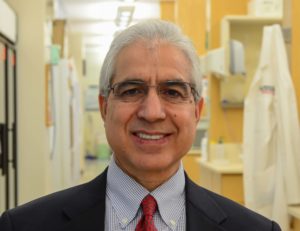
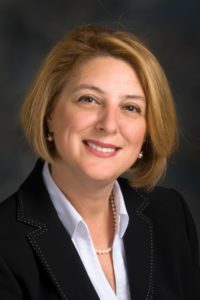
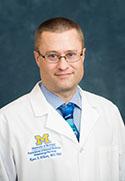
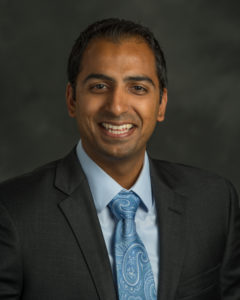














Subscribe to the Big Ten CRC Newsletter X
X Facebook
Facebook YouTube
YouTube